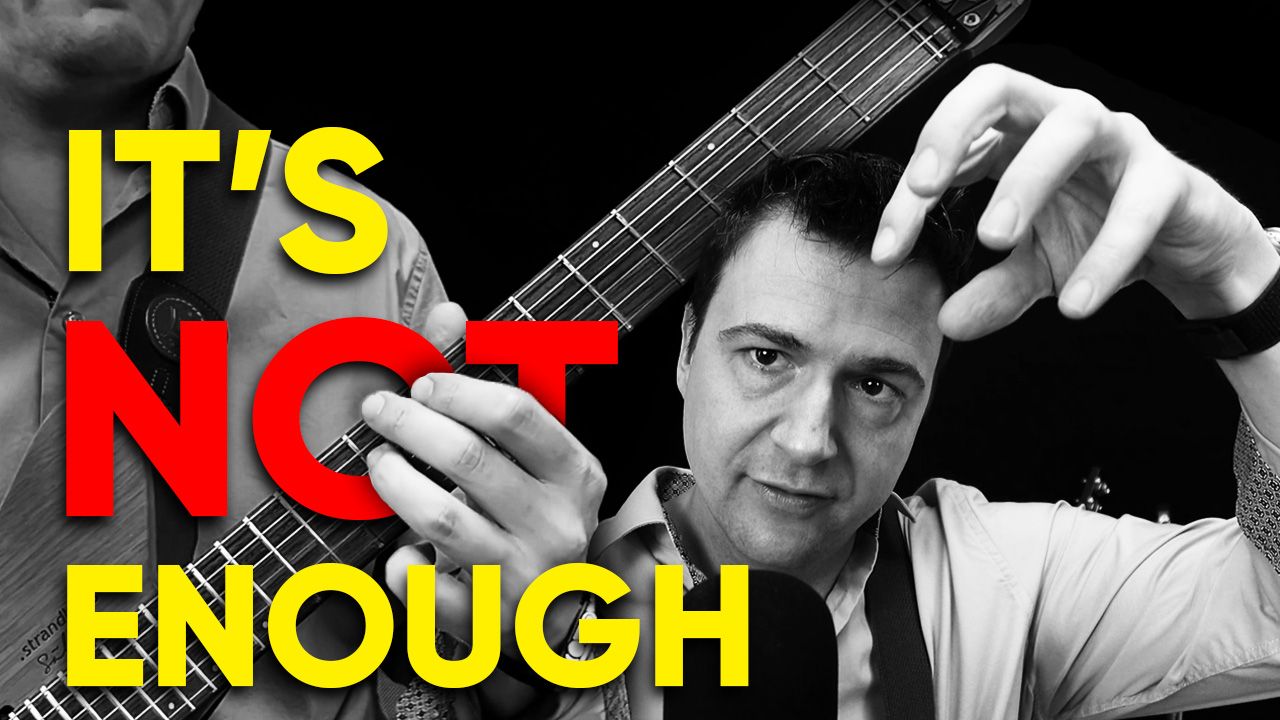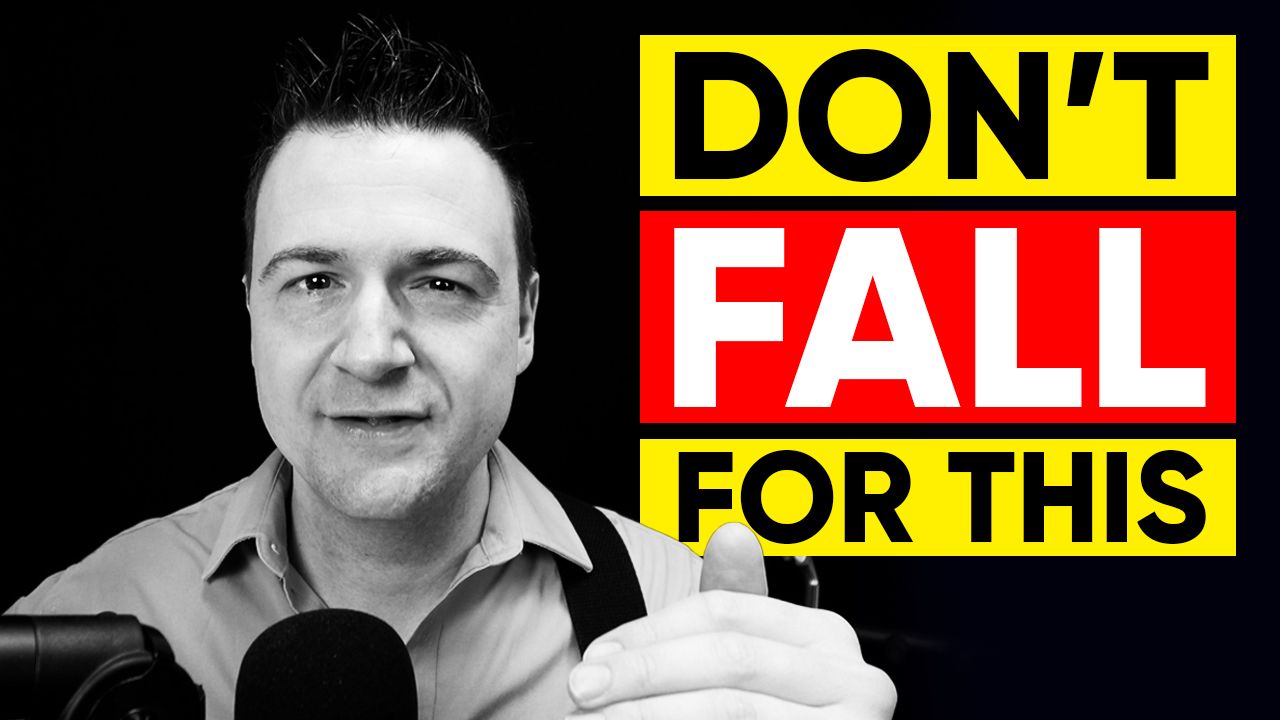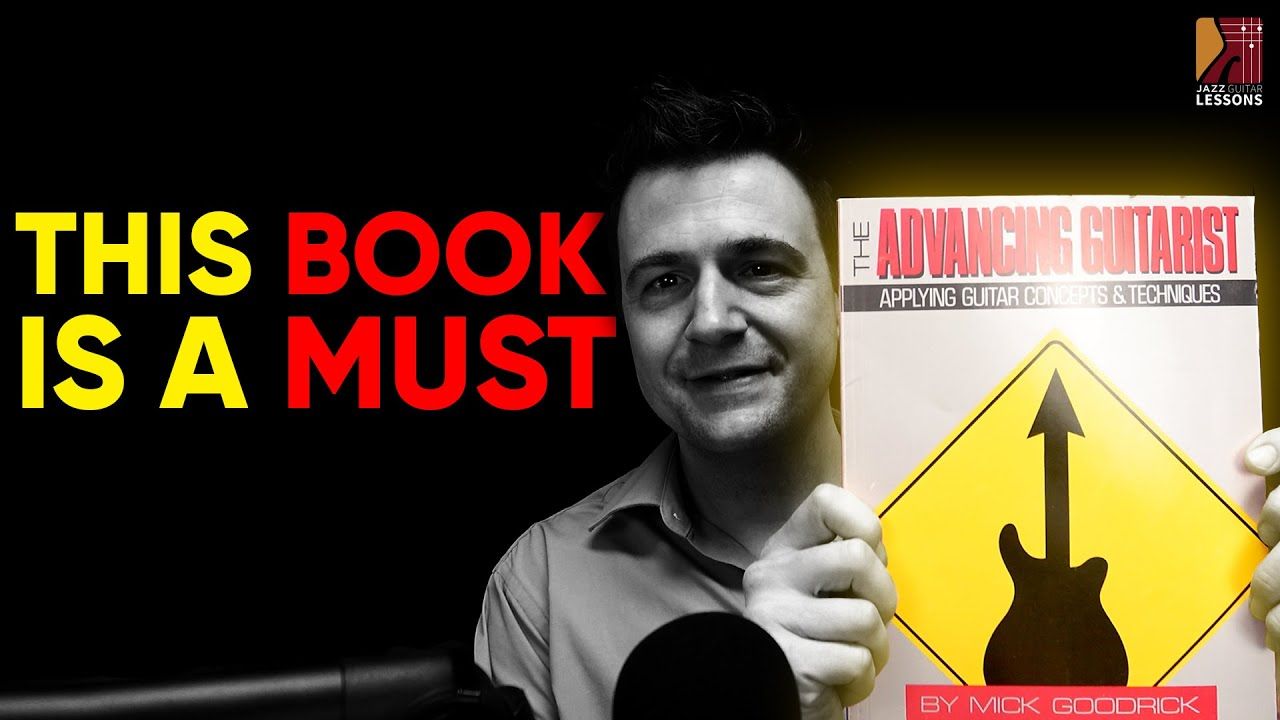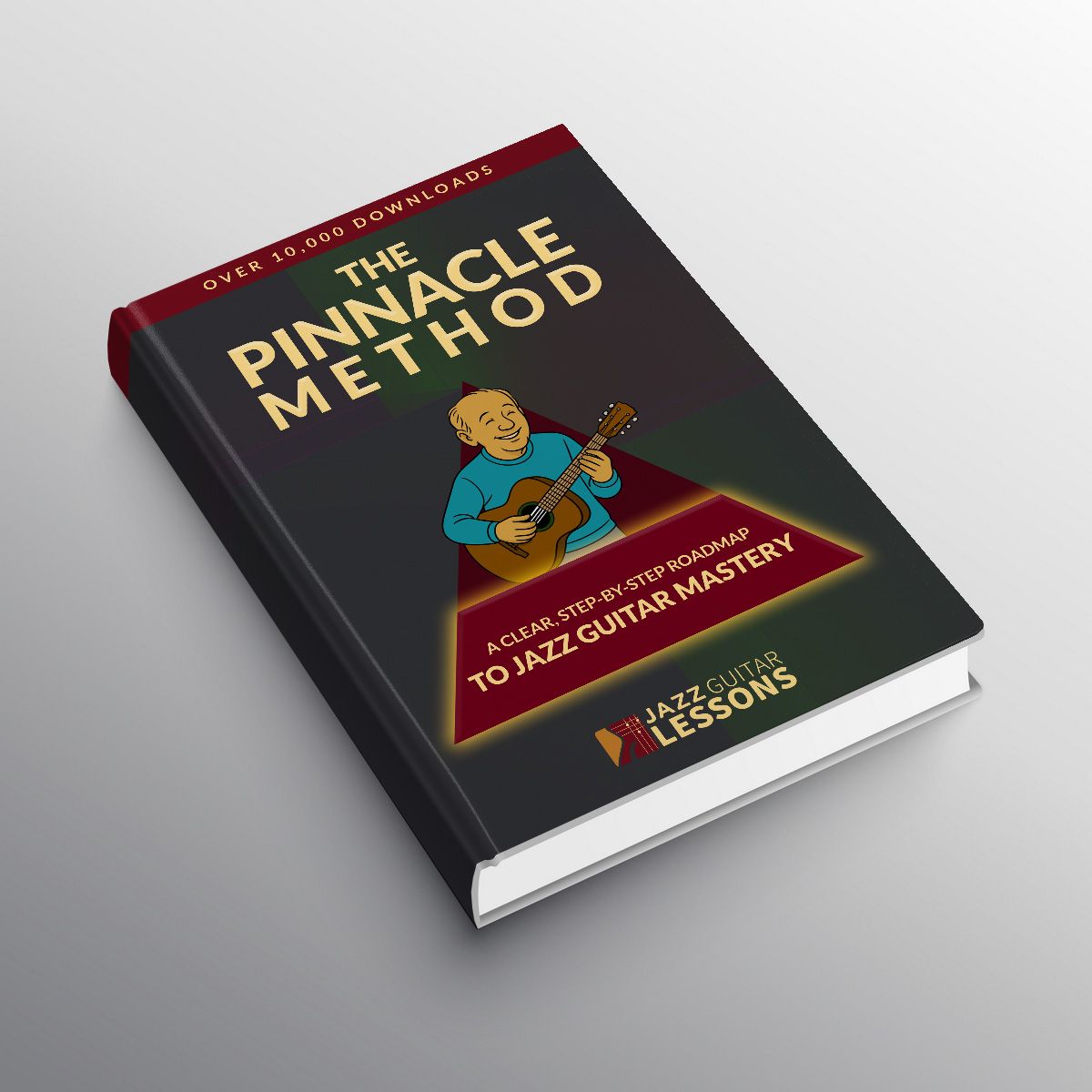
Jazz Guitar: A Systematic Path for Beginners - Part 2
Mar 06, 2014Last time, we looked at a rather old video published on JazzGuitarLessons.net ... the essentials: there's no such thing as a straightforward path that every beginner. Plus, see the tips (in point form) just below the video in Part 1.
Now what?
In addition to the tips we can retain from the video, I recently came up with a very systematic approach for Jazz guitar beginners. It is systematic in the sense that it allows you to discover how you should organize your practice time ... and not in the sense that every beginner practices the same stuff! It appeared in a newsletter on JazzGuitarLessons.net just a few weeks ago. It works so well that I decided to publish it again, right here on the blog:
- Take the time to identify your Jazz guitar weaknesses objectively. Pick the three biggest ones, or four (maximum).
(Is it comping, improvisation, learning tunes, rhythms?) - For each weakness you've identified, imagine your ideal.
(How will it sound once this weakness is one of your strengths?) - Take a minute to reflect upon the weak spots (the now) and the goals (the ideal). Go back and forth between them in your mind. You’ll probably see some obstacles emerge.
- From the obstacles you imagined, find remedies (exercises) that will lead improvement on each weak spot.
(You should make sure each exercise is a good "workout" for a weak area!!!) - Organize the timing of your practice sessions using percentages for now. And put more time where it needs to be ...
(5% warmup, 20% exercise 1, 10% exercise 2, etc.) - Decide how much time you can spend in focused practice NOW (today).
(One hour? 2 hours? 45 minutes? Rewrite your percentages in terms of minutes immediately) - Go through the practice session you prescribed yourself.
(Use a kitchen timer and stick to schedule. You can have fun and jam later on! For now: FOCUS.) - Rinse and repeat for at least a week.
(Always decide on how much time you have to practice before each and every session, rewrite percentages to minutes. This is crucial. One hour today? Fine. Two hours tomorrow? Cool. Half-an-hour on monday? Be my guest! But keep the same ratios for the exercises.) - Resist the urge to practice something else
(if you’re about to do it, send me an email instead! We can talk.) - Re-assess after seven days. Modify your session accordingly, if needed.
Stay tuned for Part 3 of this series where we'll through a typical example of an application of the above 10 steps. Hopefully, the way in which we'll apply this stuff we'll speak to a lot of readers! :-)
See you then.









